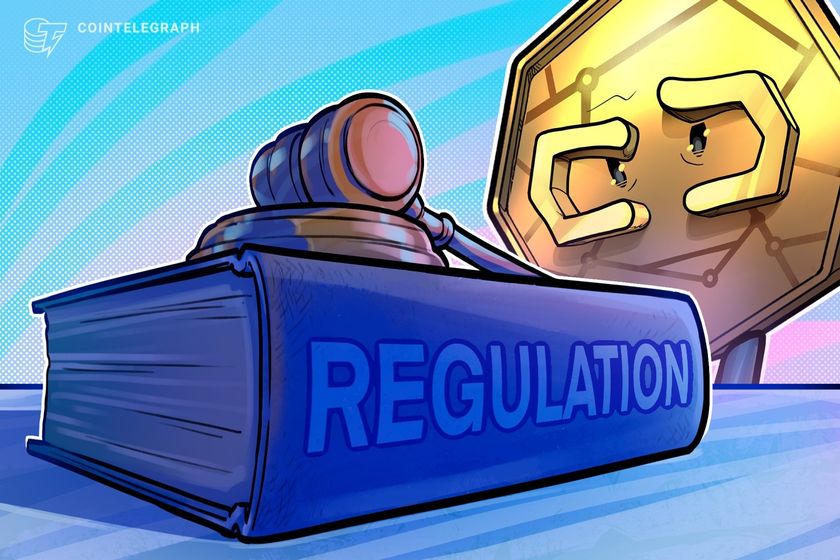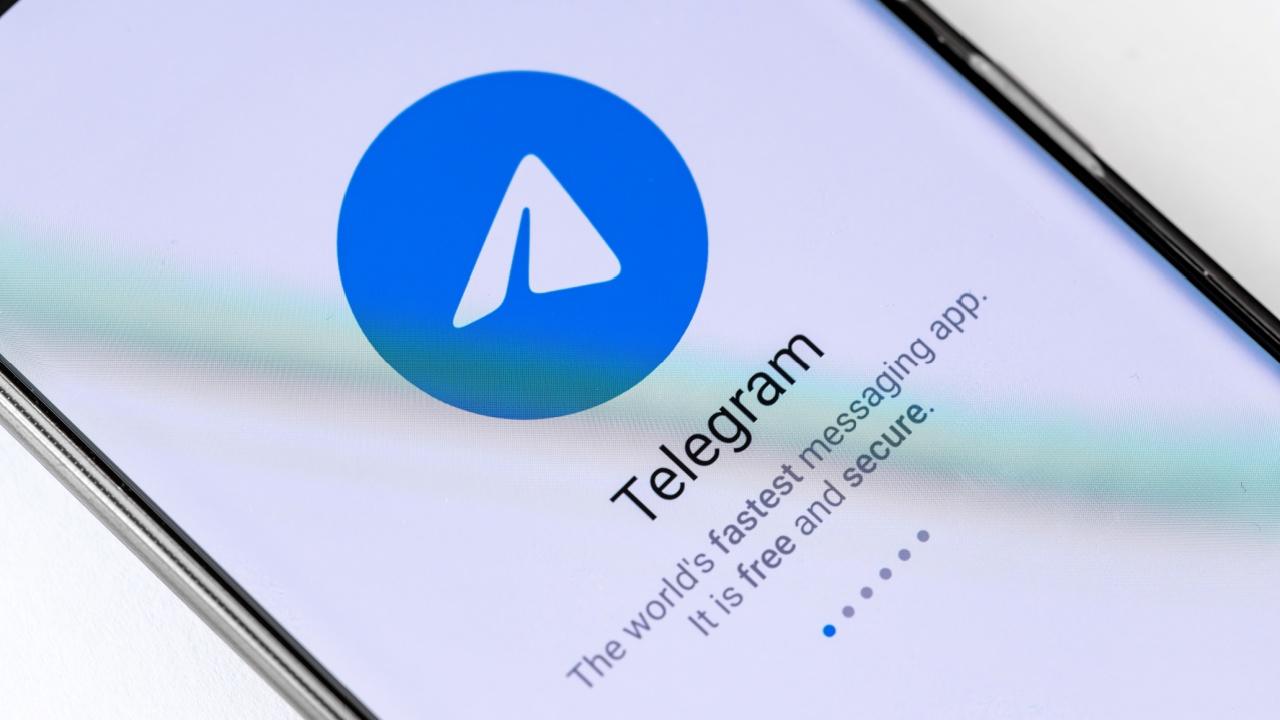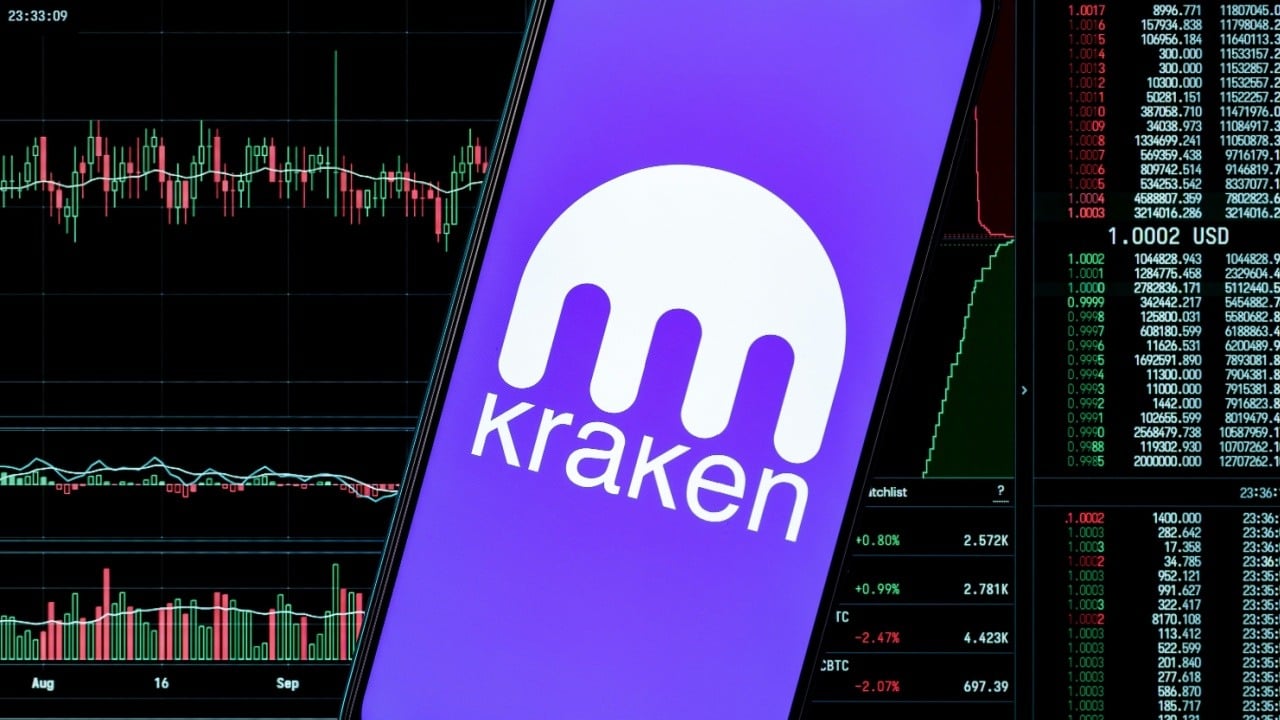The Crypto Uprising: Revolutionizing the Financial World
In a world once dominated by traditional banks, government-controlled currencies, and centralized financial systems, a silent revolution has been brewing. It’s decentralized, digital, and disruptive. Welcome to the age of The Crypto Uprising—a movement that is redefining the very fabric of how we perceive and interact with money. The Origins of the Uprising The seeds of the crypto movement were sown in 2008, during a global financial crisis that shattered trust in traditional institutions. Enter Bitcoin, created by the mysterious Satoshi Nakamoto. With its launch, a new concept emerged: a peer-to-peer electronic cash system that didn’t require intermediaries or banks. It was a radical idea—currency without borders, governed not by governments, but by code and consensus. Decentralization: Power to the People At the heart of this uprising is decentralization. Cryptocurrencies operate on blockchain technology—a transparent, immutable ledger distributed across a global network of computers. This means no single entity controls the system. Users have ownership of their assets, control over their transactions, and access to a financial system that is open 24/7. For the billions of unbanked people around the world, crypto isn't just an investment—it's financial inclusion. It’s a lifeline to participate in the global economy without needing a bank account or credit history. Disrupting Wall Street What once seemed like a fringe experiment is now challenging the status quo. DeFi (Decentralized Finance) platforms offer alternatives to traditional banking services—loans, savings, insurance, and trading—without middlemen. Smart contracts automate transactions and remove the need for trust-based intermediaries. NFTs (Non-Fungible Tokens) have upended the art and entertainment industries. DAOs (Decentralized Autonomous Organizations) are reshaping governance and corporate structures. Every sector touched by crypto is undergoing a radical transformation. Resistance and Regulation With great power comes great scrutiny. Governments and financial institutions are trying to catch up. Some embrace the change, creating regulatory frameworks and exploring central bank digital currencies (CBDCs). Others resist, fearing loss of control and the challenges of monitoring decentralized networks. Still, the momentum is undeniable. Crypto is no longer a niche. It’s a global force that has captured the imagination of investors, technologists, and visionaries alike. What’s Next? The future of finance is being written in real time. We’re witnessing a shift from centralized systems to permissionless innovation—where the next game-changing app or protocol can be built by anyone, anywhere. Yes, the road ahead is full of volatility and uncertainty. But revolutions aren’t meant to be smooth. The crypto uprising isn’t just about digital coins—it’s about reshaping power structures, unlocking freedom, and democratizing wealth. Conclusion: Join the Movement Whether you're a developer, investor, or curious observer, now is the time to pay attention. The crypto uprising is not just a trend—it’s a technological, economic, and social revolution. As we stand at the intersection of innovation and disruption, one thing is clear: The financial world will never be the same again. Want this turned into a LinkedIn article, newsletter, or podcast script? Just say the word!
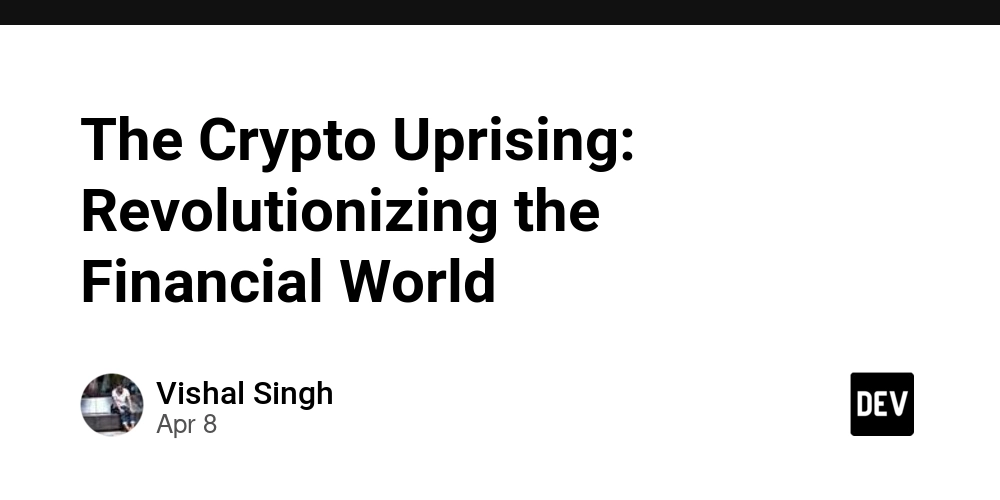
In a world once dominated by traditional banks, government-controlled currencies, and centralized financial systems, a silent revolution has been brewing. It’s decentralized, digital, and disruptive. Welcome to the age of The Crypto Uprising—a movement that is redefining the very fabric of how we perceive and interact with money.
The Origins of the Uprising
The seeds of the crypto movement were sown in 2008, during a global financial crisis that shattered trust in traditional institutions. Enter Bitcoin, created by the mysterious Satoshi Nakamoto. With its launch, a new concept emerged: a peer-to-peer electronic cash system that didn’t require intermediaries or banks. It was a radical idea—currency without borders, governed not by governments, but by code and consensus.
Decentralization: Power to the People
At the heart of this uprising is decentralization. Cryptocurrencies operate on blockchain technology—a transparent, immutable ledger distributed across a global network of computers. This means no single entity controls the system. Users have ownership of their assets, control over their transactions, and access to a financial system that is open 24/7.
For the billions of unbanked people around the world, crypto isn't just an investment—it's financial inclusion. It’s a lifeline to participate in the global economy without needing a bank account or credit history.
Disrupting Wall Street
What once seemed like a fringe experiment is now challenging the status quo. DeFi (Decentralized Finance) platforms offer alternatives to traditional banking services—loans, savings, insurance, and trading—without middlemen. Smart contracts automate transactions and remove the need for trust-based intermediaries.
NFTs (Non-Fungible Tokens) have upended the art and entertainment industries. DAOs (Decentralized Autonomous Organizations) are reshaping governance and corporate structures. Every sector touched by crypto is undergoing a radical transformation.
Resistance and Regulation
With great power comes great scrutiny. Governments and financial institutions are trying to catch up. Some embrace the change, creating regulatory frameworks and exploring central bank digital currencies (CBDCs). Others resist, fearing loss of control and the challenges of monitoring decentralized networks.
Still, the momentum is undeniable. Crypto is no longer a niche. It’s a global force that has captured the imagination of investors, technologists, and visionaries alike.
What’s Next?
The future of finance is being written in real time. We’re witnessing a shift from centralized systems to permissionless innovation—where the next game-changing app or protocol can be built by anyone, anywhere.
Yes, the road ahead is full of volatility and uncertainty. But revolutions aren’t meant to be smooth. The crypto uprising isn’t just about digital coins—it’s about reshaping power structures, unlocking freedom, and democratizing wealth.
Conclusion: Join the Movement
Whether you're a developer, investor, or curious observer, now is the time to pay attention. The crypto uprising is not just a trend—it’s a technological, economic, and social revolution. As we stand at the intersection of innovation and disruption, one thing is clear:
The financial world will never be the same again.
Want this turned into a LinkedIn article, newsletter, or podcast script? Just say the word!





























![[Webinar] AI Is Already Inside Your SaaS Stack — Learn How to Prevent the Next Silent Breach](https://blogger.googleusercontent.com/img/b/R29vZ2xl/AVvXsEiOWn65wd33dg2uO99NrtKbpYLfcepwOLidQDMls0HXKlA91k6HURluRA4WXgJRAZldEe1VReMQZyyYt1PgnoAn5JPpILsWlXIzmrBSs_TBoyPwO7hZrWouBg2-O3mdeoeSGY-l9_bsZB7vbpKjTSvG93zNytjxgTaMPqo9iq9Z5pGa05CJOs9uXpwHFT4/s1600/ai-cyber.jpg?#)










































































































































![[The AI Show Episode 144]: ChatGPT’s New Memory, Shopify CEO’s Leaked “AI First” Memo, Google Cloud Next Releases, o3 and o4-mini Coming Soon & Llama 4’s Rocky Launch](https://www.marketingaiinstitute.com/hubfs/ep%20144%20cover.png)
















































































































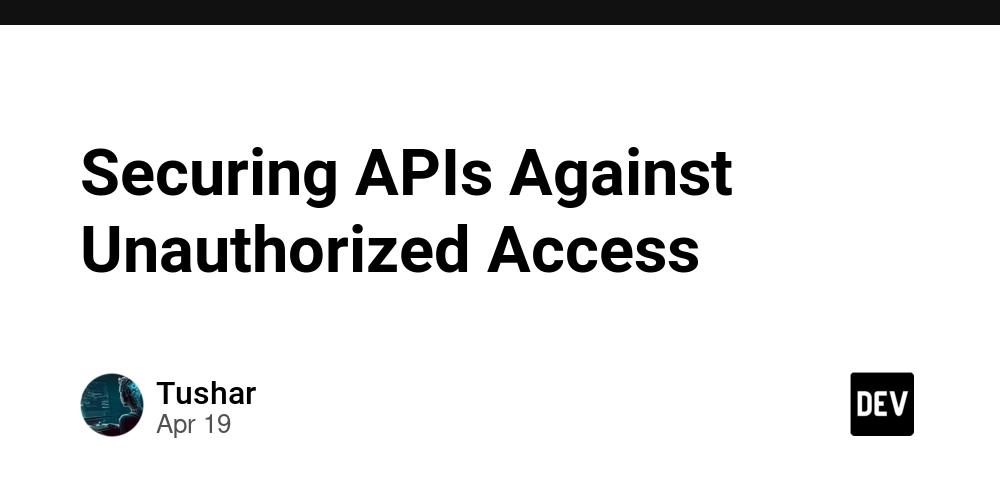


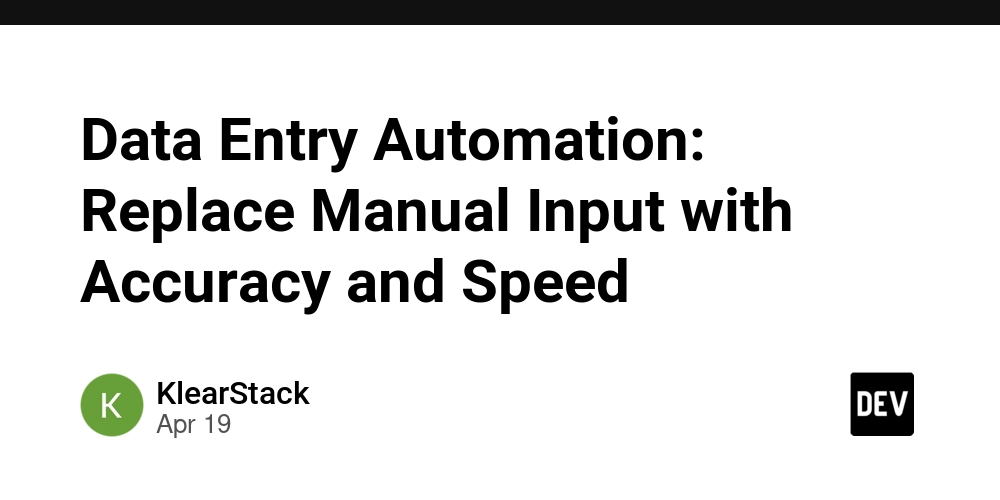









![[FREE EBOOKS] Machine Learning Hero, AI-Assisted Programming for Web and Machine Learning & Four More Best Selling Titles](https://www.javacodegeeks.com/wp-content/uploads/2012/12/jcg-logo.jpg)








































































![Rogue Company Elite tier list of best characters [April 2025]](https://media.pocketgamer.com/artwork/na-33136-1657102075/rogue-company-ios-android-tier-cover.jpg?#)








































































_Andreas_Prott_Alamy.jpg?width=1280&auto=webp&quality=80&disable=upscale#)






























































































![What’s new in Android’s April 2025 Google System Updates [U: 4/18]](https://i0.wp.com/9to5google.com/wp-content/uploads/sites/4/2025/01/google-play-services-3.jpg?resize=1200%2C628&quality=82&strip=all&ssl=1)










![Apple Watch Series 10 Back On Sale for $299! [Lowest Price Ever]](https://www.iclarified.com/images/news/96657/96657/96657-640.jpg)
![EU Postpones Apple App Store Fines Amid Tariff Negotiations [Report]](https://www.iclarified.com/images/news/97068/97068/97068-640.jpg)
![Apple Slips to Fifth in China's Smartphone Market with 9% Decline [Report]](https://www.iclarified.com/images/news/97065/97065/97065-640.jpg)




































































































